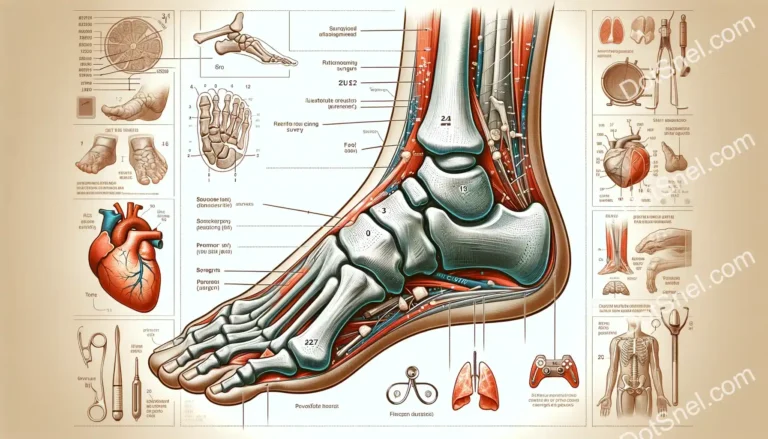10 Practical Strategies to Reduce Stress Today
In today’s fast-paced world, stress seems to be an inevitable part of life. Whether it’s work deadlines, personal responsibilities, or unforeseen challenges, stress can quickly take its toll on our mental and physical well-being. However, the good news is that there are practical strategies we can implement right now to help reduce stress and promote a sense of calm in our lives. Here are ten actionable tips to help you combat stress starting today:
Practice Deep Breathing:
Deep breathing exercises are a simple yet powerful way to instantly reduce stress levels. Take a few minutes to focus on your breath, inhaling deeply through your nose and exhaling slowly through your mouth. This helps activate the body’s relaxation response, promoting a sense of calmness and clarity.
Prioritize Self-Care:
Prioritizing self-care is essential and should be a non-negotiable aspect of your routine. This encompasses various activities, including exercise, meditation, reading, spending time with loved ones, and even indulging in a relaxing massage in Highland. Allocating time for yourself every day is crucial for recharging your batteries and enhancing your ability to navigate life’s hurdles effectively.
Establish Boundaries:
Learn to say no to tasks or commitments that overwhelm you. Setting boundaries is essential for protecting your time and energy, preventing burnout, and reducing stress. Remember that it’s okay to prioritize your well-being and decline requests that don’t align with your priorities.
Practice Mindfulness:
Mindfulness involves being fully present in the moment and non-judgmentally observing your thoughts and feelings. Incorporate mindfulness into your daily life by engaging in activities mindfully, such as eating, walking, or even washing dishes. This helps cultivate a greater sense of awareness and reduces stress by grounding you in the present moment.
Get Moving:
Regular physical activity is not only beneficial for your physical health but also your mental well-being. Engage in activities you enjoy, whether it’s yoga, running, dancing, or simply taking a brisk walk outdoors. Exercise releases endorphins, the body’s natural stress relievers, leaving you feeling more relaxed and energized.
Limit Screen Time:
In today’s digital age, it’s easy to become overwhelmed by constant notifications and information overload. Set boundaries around your screen time, especially before bedtime, to prevent technology-related stress. Consider implementing digital detoxes or using apps to track and limit your usage.
Practice Gratitude:
Cultivate a mindset of gratitude by regularly acknowledging and appreciating the positive aspects of your life. Keep a gratitude journal where you write down three things you’re grateful for each day. Focusing on the good can help shift your perspective and reduce stress by promoting feelings of contentment and happiness.
Seek Social Support:
Don’t hesitate to reach out to friends, family, or a support network when you’re feeling stressed. Sharing your thoughts and feelings with others can provide comfort, perspective, and practical advice. Surround yourself with people who uplift and support you during challenging times.
Get Quality Sleep:
Prioritize sleep as a crucial component of stress management. Aim for seven to nine hours of quality sleep each night to allow your body and mind to recharge. Establish a relaxing bedtime routine, create a comfortable sleep environment, and avoid caffeine and screens before bedtime to promote better sleep hygiene.
Practice Time Management:
Feeling overwhelmed by a never-ending to-do list can significantly contribute to stress. Break tasks down into smaller, manageable steps, prioritize your most important tasks, and delegate when necessary. Use tools such as calendars, planners, or productivity apps to help you stay organized and focused.
In Conclusion
Incorporating these practical strategies into your daily life can help you effectively manage and reduce stress levels. Remember that stress is a natural part of life, but how you respond to it ultimately determines its impact on your well-being. By implementing these tips, you can cultivate resilience, promote a greater sense of balance, and lead a happier, healthier life starting today.

Shahid Maqsood is an experienced writer and journalist with 10+ years in the industry. He is Content writer and Editor , where he writes daily articles covering topics like books, business, news, sports, and more. Shahid holds an MBA from Virtual University of Pakistan and a Master’s in Mass Communications. He is based in Faisalabad, Pakistan.
His work spans multiple platforms like dosttrusty.com and newsbreak.com,Quellpress.com , airriflehunting, and bruitly.com showcasing his versatility and depth. Shahid’s insightful articles reflect his expertise, authoritativeness, and trustworthiness, making him a respected and reliable voice in digital content creation. His contributions engage and inform readers, embodying professionalism and passion in every piece.




![Olly Sleep Reviews [2022]: Is It legit or scam?](https://dotsnel.com/wp-content/uploads/2021/12/sn-1-768x432.png)
![KorePulse Review [2022] – Legit Or Another Scam?](https://dotsnel.com/wp-content/uploads/2022/04/KorePulse-Review-768x401.webp)

